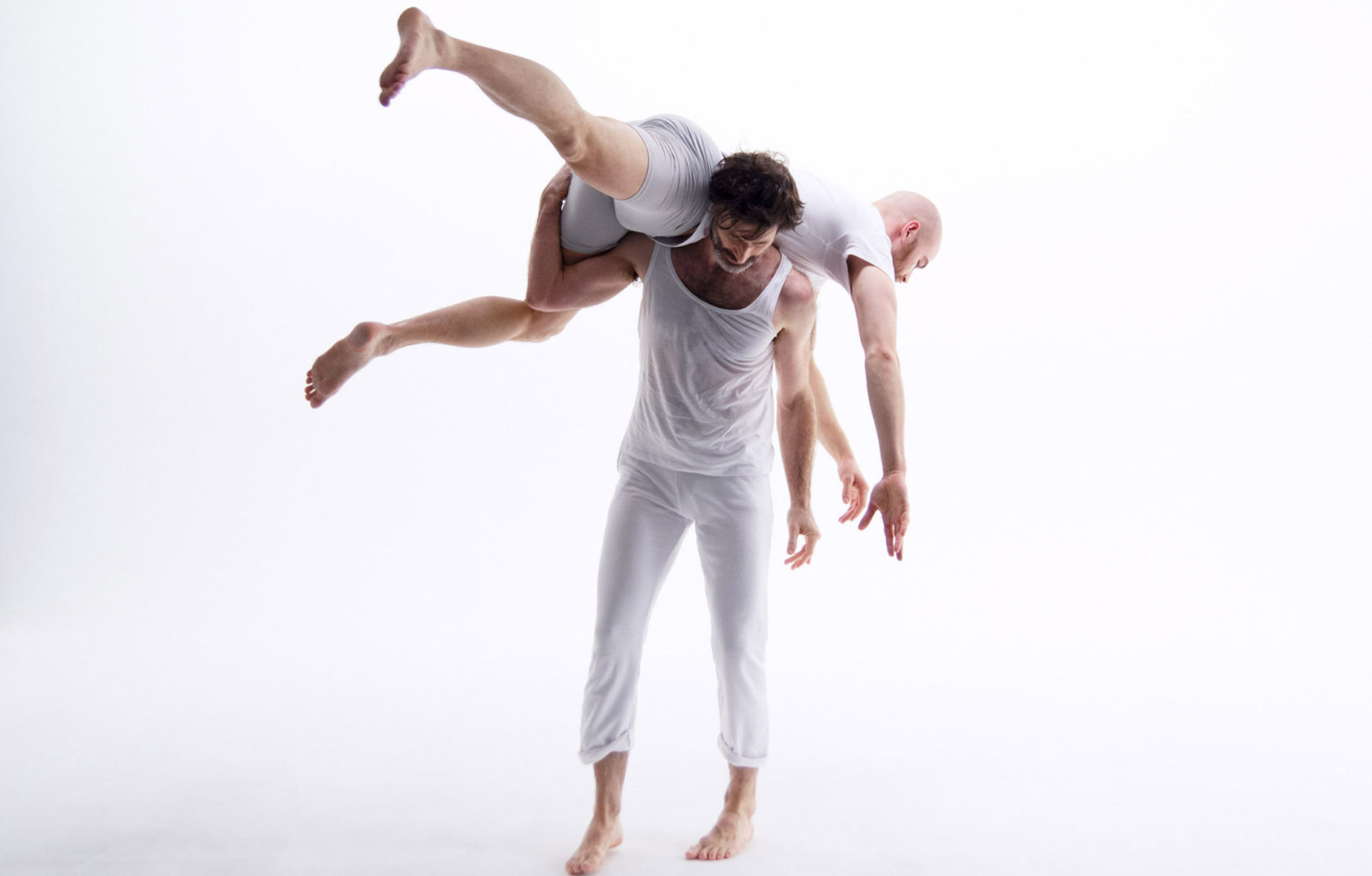What humanity needs to ingest to survive evolves very slowly. As our ancestors before us, we are still eating proteins, sugars, fats, vitamins, antioxidants, etc to survive. Humanity’s needs in the arts evolve slowly, too. Witness the fact that Greek tragedies and Shakespeare’s plays are still produced. Song of love and loss are recorded still. Instead of using harps, musicians now use laptops and keyboards.
What evolves faster in terms of performance ingestion is the tools used to create the fodder for consumption. New ways of moving, making sound, lighting the performance space, modes of covering and leaving the performing form uncovered evolve faster than what is done with those tools.
Inevitably these new tools are used to in performances that return to the basic needs of the audience. After a deplorably short time, the exploration of the new tools is dropped and their use is co-opted by the need to explore the human condition, to create theater.
In other words, the tools and aesthetics change, but we come back to the same logics again and again and again.
Just as the nutritive needs of human will basically remain static so, too, will the performative needs of humanity. It, therefore, behooves us to investigate the tools themselves and not their use in relation to humanity and the human condition. Only in this way can we expect the arts to evolve
